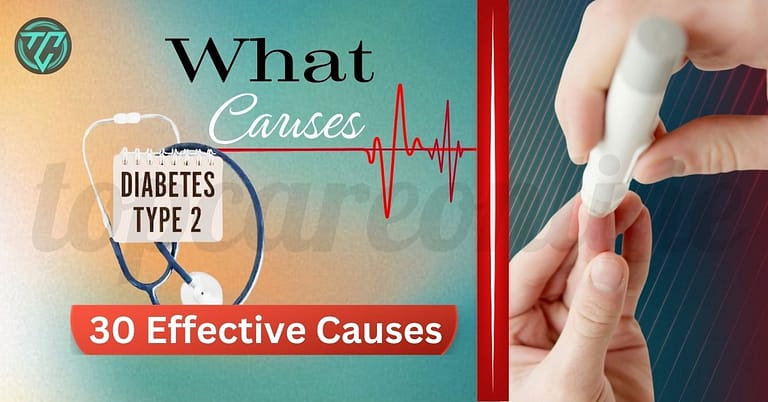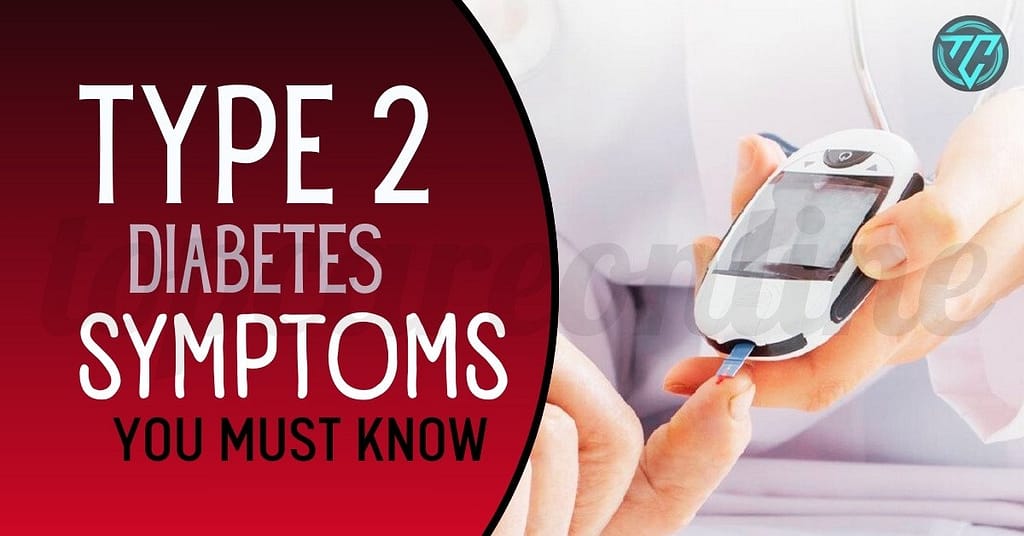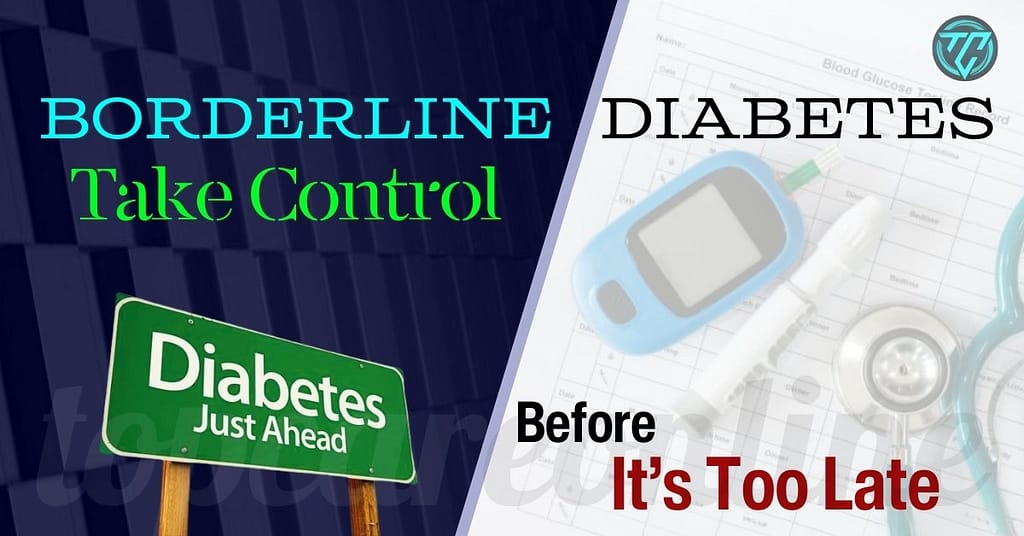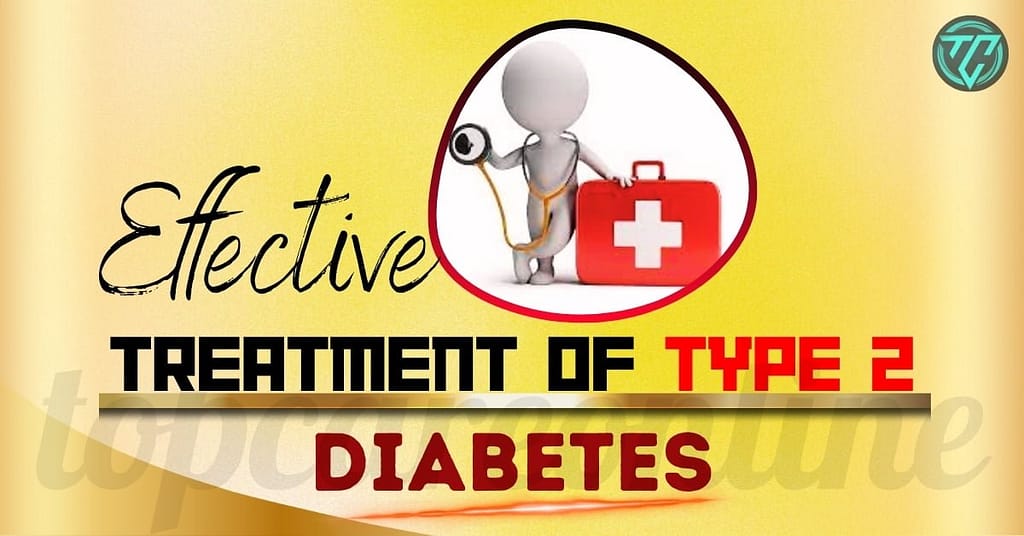Symptoms | 30 various causes and risk factors
What exactly causes Type 2 diabetes, and could you be at risk?
It’s a question many people are asking as cases of Type 2 diabetes continue to rise worldwide. Understanding the root causes of this condition is the first step in protecting your health. But it doesn’t stop there—knowing what are the first signs of Type 2 diabetes and recognizing common Type 2 diabetes symptoms can help you catch it early and seek the right care.
Whether you’re exploring treatment options or wondering if Type 2 diabetes reversal is possible, this guide covers everything you need to know. Stick around, because what you learn today could change your life tomorrow.
Early diagnosis and appropriate management are crucial for minimizing the risk of complications and maintaining overall health.
What is Diabetes Type 2 Definition
Type 2 diabetes is a chronic metabolic disorder characterized by high blood sugar levels (hyperglycemia) resulting from the body’s inability to effectively use insulin, a hormone produced by the pancreas.
This condition is often associated with insulin resistance, where the body’s cells become resistant to the action of insulin. As a result, glucose (sugar) builds up in the bloodstream instead of being taken up by cells for energy, leading to elevated blood sugar levels.
Type 2 diabetes is a serious condition that, if not managed properly, can lead to complications such as cardiovascular disease, kidney damage, nerve damage (neuropathy), and eye damage (retinopathy).
Type 2 Symptoms
Recognizing symptoms early enables timely diagnosis and intervention, crucial for preventing complications linked to prolonged high blood sugar levels in type 2 diabetes. Untreated or poorly managed diabetes can lead to severe health issues like cardiovascular disease, kidney disease, neuropathy, retinopathy, and foot problems. Early symptom identification supports prompt management, reducing the risk of these complications.
This knowledge empowers individuals to actively monitor their health, make informed decisions, and raise awareness among family, friends, and colleagues to encourage early medical attention and better health outcomes. Read Type 2 Diabetes Symptoms in detail to protect your family.
What Causes Diabetes Type 2
Knowing what causes diabetes type 2 can help to control it.
Here’s an expanded list of 30 various causes and risk factors associated with type 2 diabetes:
- Obesity: Excess body weight, especially abdominal fat, contributes to insulin resistance.
- Lifestyle Factors:
- Poor Diet: High intake of refined sugars and unhealthy fats, low intake of fiber.
- Physical Inactivity: Lack of regular exercise.
- Age: Risk increases with age, particularly after 45 years.
- Ethnicity: Certain ethnic groups (e.g., African American, Hispanic, Native American, Asian) have higher risk.
- Gestational Diabetes: Develops during pregnancy, increases risk later in life.
- Polycystic Ovary Syndrome (PCOS): Hormonal disorder in women associated with insulin resistance.
- Hypertension: High blood pressure increases risk.
- Cardiovascular Disease: Linked to insulin resistance and type 2 diabetes.
- Smoking: Increases risk due to its effect on insulin sensitivity.
- Alcohol Consumption: Excessive drinking can increase risk.
- Medications: Some medications (e.g., corticosteroids, antipsychotics) may increase risk.
- Sleep Disorders: Sleep apnea and poor sleep quality are associated with insulin resistance.
- Stress: Chronic stress can affect blood sugar levels.
- Inflammation: Chronic inflammation in the body can impair insulin signaling.
- Sedentary Lifestyle: Lack of physical activity contributes to obesity and insulin resistance.
- Hormonal Imbalances: Imbalances in hormones such as cortisol and growth hormone.
- Liver Disease: Non-alcoholic fatty liver disease (NAFLD) is associated with insulin resistance.
- Urbanization: Changes in lifestyle associated with urban living contribute to increased risk.
- Environmental Factors: Pollution and other environmental factors may play a role.
- Low Birth Weight: Associated with increased risk later in life.
- Dietary Factors: High consumption of processed foods and sugary beverages.
- Microbiome: Imbalances in gut microbiota may influence metabolic health.
- Insufficient Vitamin D: Low levels of vitamin D are associated with insulin resistance.
- Chronic Kidney Disease: Associated with increased risk of type 2 diabetes.
- Autoimmune Diseases: Some autoimmune conditions increase risk.
- Pancreatic Disorders: Certain pancreatic diseases can affect insulin production.
- Family History of Diabetes: Genetic predisposition increases risk.
- Social Determinants of Health: Factors such as socioeconomic status and access to healthcare can influence risk.
- Insulin Resistance: Insulin resistance is a central mechanism in the development of type 2 diabetes. Cells become resistant to the effects of insulin, leading to elevated blood sugar levels.
- Genetics: Genetics play a significant role in the development of type 2 diabetes, contributing to an individual’s susceptibility to the condition. Here’s how genetics can be considered a cause of type 2 diabetes:
- Family History: Individuals with a family history of type 2 diabetes are at higher risk. Having a first-degree relative, such as a parent or sibling, with the condition increases the likelihood of developing type 2 diabetes.
- Genetic Variants: Specific genetic variations can influence insulin production, insulin sensitivity, and other factors related to glucose metabolism. These variations may affect how the body processes and regulates blood sugar levels.
- Ethnicity: Certain ethnic groups have a higher prevalence of genetic factors that contribute to insulin resistance and type 2 diabetes. For example, individuals of African, Hispanic, Native American, and Asian descent are at increased risk compared to Caucasians.
- Polygenic Inheritance: Type 2 diabetes is considered polygenic, meaning it is influenced by multiple genetic factors rather than a single gene. Many genes across the genome contribute small effects to the overall risk of developing the condition.
These factors interact in complex ways, contributing to the development of type 2 diabetes. Management and prevention often involve addressing multiple aspects of lifestyle and health to reduce overall risk.
Acknowledging these causes and symptoms may help you lead a better life and ensure happy life.






